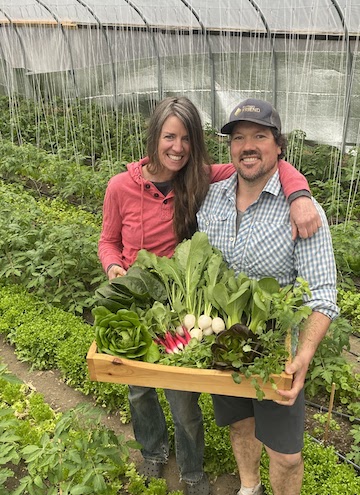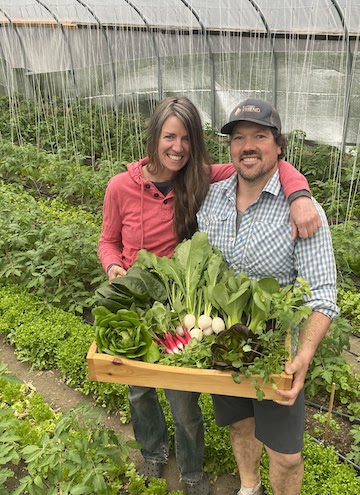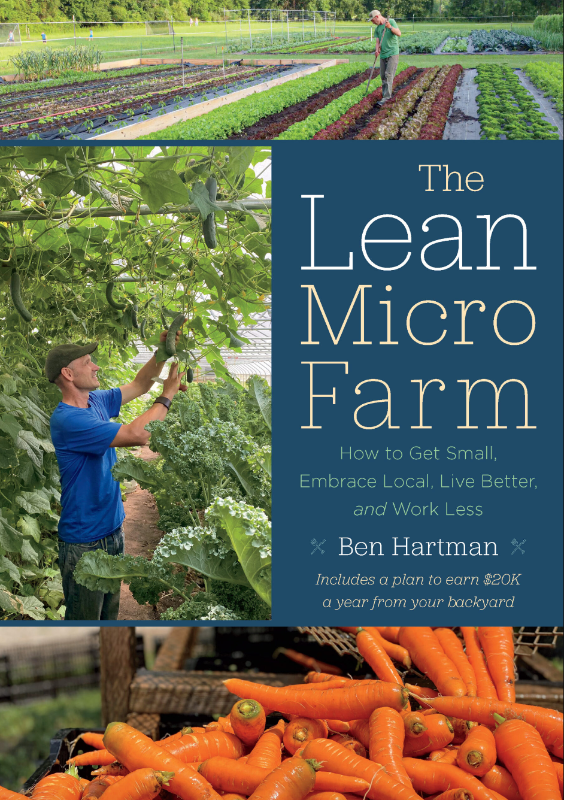
From Backyard to Business: California's Cottage Food Boom Empowers Homesteaders
California's landscape is dotted with vibrant gardens and burgeoning homesteads, fueled by a desire for sustainable living and locally sourced food. Now, thanks to evolving cottage food laws, many Californians are turning their passion into profit, building thriving micro-businesses right from their own kitchens. This isn't just about selling jam anymore; it's about unlocking the potential of California's homesteading community and fostering a more resilient local food economy.

Decoding California's Cottage Food Law: A Game Changer for Homesteaders
The California Homemade Food Act, building on previous legislation, allows individuals to prepare and sell certain low-risk food products directly to consumers from their homes. This has opened doors for countless small-scale producers who previously faced prohibitive barriers to entry. As long as the product falls within the approved list (jams, jellies, baked goods without cream fillings, honey, nuts, dried fruits, etc.) and certain labeling and safety requirements are met, the path to market is significantly clearer.
One significant impact has been the ability to sell directly at farmers' markets, roadside stands, and even online (with specific stipulations). This provides direct access to customers, cutting out the need for expensive retail space or complex distribution networks.
"The cottage food law has been a lifesaver," says Maria Rodriguez, a homesteader in Sonoma County who runs "Maria's Mountain Preserves." "I've always made amazing jams and jellies from the fruits in my orchard, but before, it was just for family and friends. Now, I can share my creations with the wider community and earn a living doing what I love. The ability to sell at the local farmers' market has been crucial for building my customer base."
Ethan Carter, a San Diego-based urban farmer, is planning to launch "Ethan's Edible Ecosystems," specializing in dehydrated vegetable blends and sourdough starter kits. "I was initially overwhelmed by the regulations," Ethan admits. "But once I understood the specific requirements for labeling and food safety, it felt much more achievable. The cottage food law has given me the confidence to turn my gardening hobby into a viable business."
Beyond the Jar: Innovative Cottage Food Products Taking Root
Forget the stereotype of just selling jam. California homesteaders are showcasing incredible creativity and innovation in the cottage food space. Imagine:
- Dehydrated Vegetable Blends: Colorful mixes of homegrown tomatoes, zucchini, peppers, and herbs, sun-dried and ready to add a burst of flavor to soups, stews, and pasta dishes. The aroma alone is enough to transport you to a sun-drenched garden.
- Artisan Vinegars: Infused with locally grown herbs and fruits, these vinegars add a sophisticated touch to salads, marinades, and even cocktails. Think lavender-infused white wine vinegar or fig-balsamic reduction.
- Sourdough Starter Kits: Everything you need to embark on a sourdough baking adventure, including a thriving starter, detailed instructions, and even a locally milled flour blend. The tangy aroma of a freshly baked sourdough loaf is simply irresistible.
- Herbal Remedies: Carefully crafted teas, tinctures, and salves made with sustainably harvested herbs, offering natural solutions for common ailments. The earthy scent of chamomile and lavender promises relaxation and well-being.

Navigating the Challenges: Turning Dreams into Reality
While the cottage food law provides a fantastic opportunity, it's essential to acknowledge the practical hurdles.
- Start-up Costs: Even though you're working from home, there are still costs to consider: ingredients, packaging, labeling, kitchen equipment (if needed), and permits. Thoroughly research all costs before investing.
- Labeling Requirements: California has strict labeling requirements for cottage food products, including allergen information, ingredient lists, and net weight. Failure to comply can result in fines. Consult the California Department of Public Health website (https://www.cdph.ca.gov/) for detailed information.
- Marketing Strategies: Getting your product noticed requires effort. Leverage social media, local farmers' markets, and collaborations with other businesses. High-quality photography is essential for showcasing your products online.
- Competition: The cottage food market is growing, which means increased competition. Differentiate your product through quality, unique flavors, and compelling branding.
- Specific Production Limitations: It is crucial to understand the full limitations to production. One common problem is miscategorizing a "low risk" food product, which is only discovered during the permitting process. Thorough research before committing time, energy, and resources is paramount.
Tips for Success:
- Start Small: Begin with a limited product line and gradually expand as you gain experience and build a customer base.
- Focus on Quality: Use high-quality ingredients and pay attention to detail in every aspect of your product.
- Build Relationships: Network with other cottage food entrepreneurs and local businesses.
- Stay Informed: Keep up-to-date with changes to the cottage food law and best practices for food safety.
- Embrace Feedback: Actively solicit feedback from customers and use it to improve your products and services.
Community Resilience: Growing Together
Cottage food operations are more than just individual businesses; they contribute to a stronger, more resilient local food system. They provide consumers with access to fresh, locally sourced products, create economic opportunities within communities, and foster a sense of connection between producers and consumers.
Many homesteaders collaborate with local farms and businesses, sourcing ingredients locally and supporting other members of the community. For example, a baker might partner with a local mill to source flour or a jam maker might purchase fruit from a nearby orchard. This creates a ripple effect, benefiting the entire local economy.

Cultivating a Sustainable Future
California's cottage food boom is a testament to the power of entrepreneurship and the growing demand for locally sourced, sustainable food. By embracing innovation, overcoming challenges, and fostering collaboration, homesteaders are building thriving micro-businesses that contribute to a more resilient and vibrant community. If you've ever dreamed of turning your passion for food into a business, now is the time to cultivate your own cottage food success story. The seeds of opportunity are planted; it's time to help them grow.